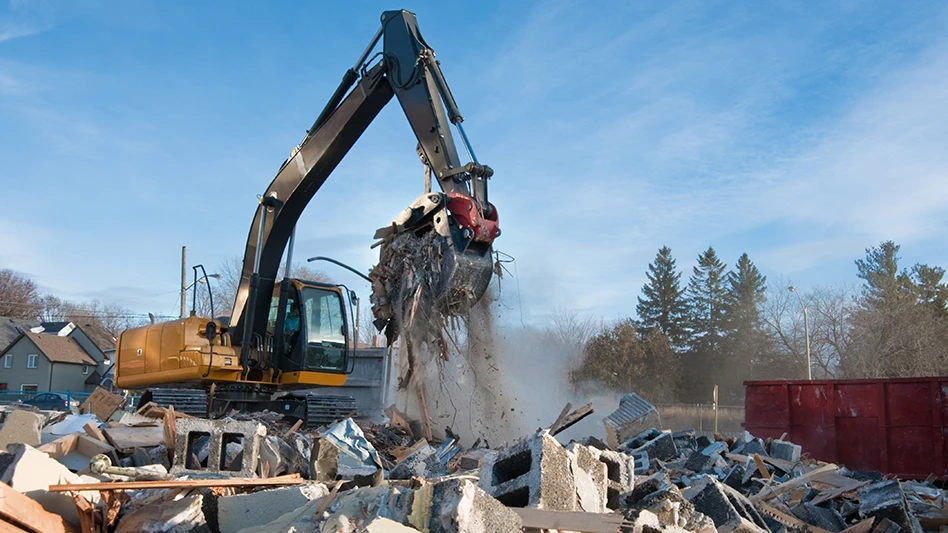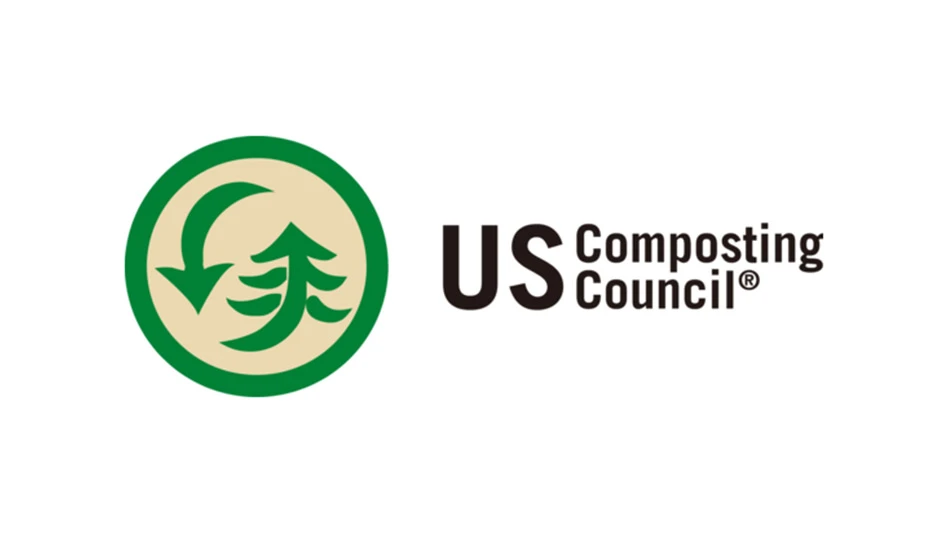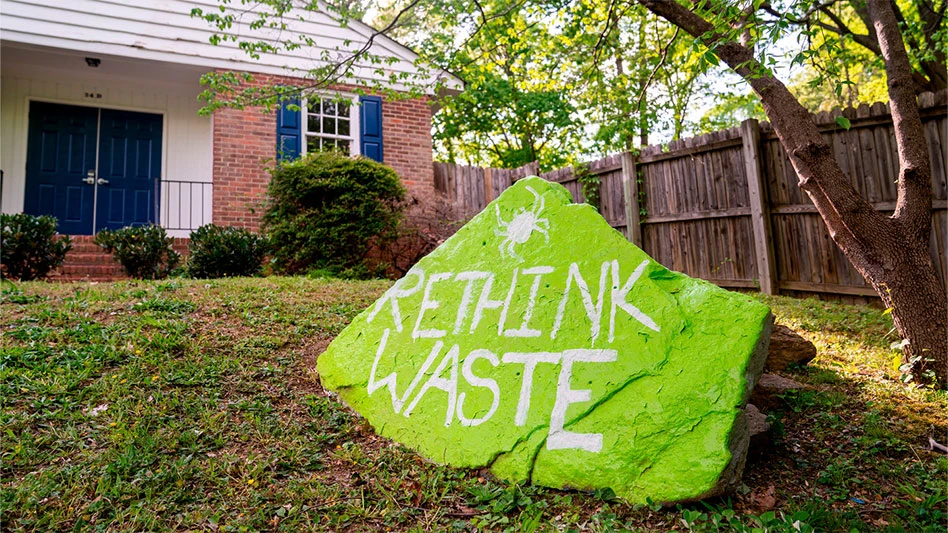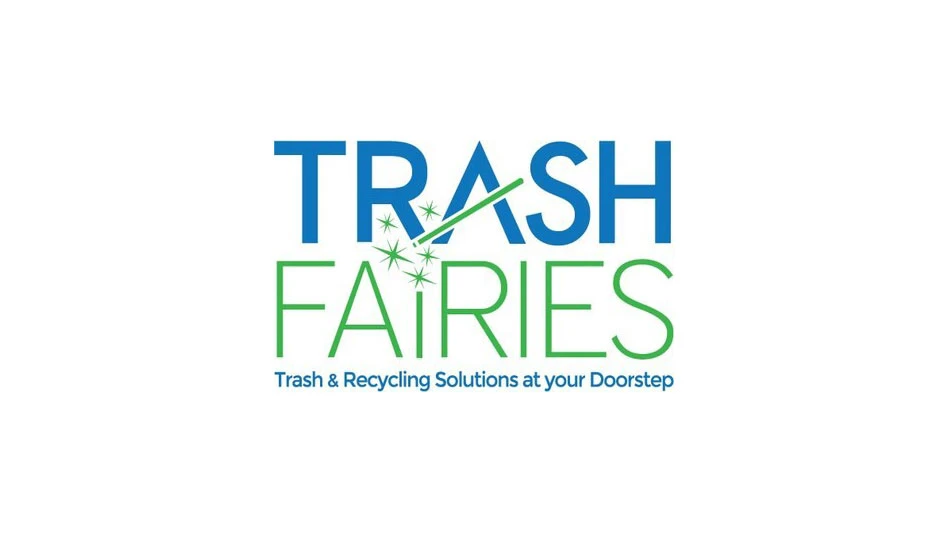
After nearly a year of unprecedented collection delays arising from labor shortages caused by the coronavirus pandemic, the Solid Waste Association of North America (SWANA), Silver Spring, Maryland, announced it was adding a new category to its annual safety awards to recognize the industry’s efforts during the ongoing global health crisis.
In addition to its biggest safety innovation (Atlantic County Utilities Authority) and biggest safety improvement (Waste Connections of Canada—Toronto District) awards, SWANA recognized the Athens-Clarke County Solid Waste Department (ACCSW) of Georgia with its 2021 Safety Award for COVID-19 Response, citing the department’s “robust pandemic response to protect its workers and the public while continuing service without interruption.”
From plan to action
Athens (officially Athens-Clarke County) is a consolidated city—it’s the sixth-largest city in the state with slightly more than 127,000 residents—about 70 miles northeast of Atlanta. The city also is home to the University of Georgia.
Currently, ACCSW has 72 employees across several facilities, including the main office and administration buildings, a landfill, a facility for hard-to-recycle materials (CHaRM), a maintenance shop and a privately owned material recycling facility.
The department has a Continuity of Operations (COOP) plan as is standard for government or municipal agencies, but the plan typically addressed debris management after ice or tropical storms—not a global pandemic. The COOP provided a good starting point, but most protocols still had to be revamped to address pandemic-related needs.
“That’s the first thing we did as a staff,” says Suki Janssen, director of ACCSW. “We had to have it done probably in record time, and [the new plan] listed exactly what we would do.”
The beginning stages of the plan involved locking down and getting people out of the buildings before slowly reimplementing work hours with restricted staff, limited staff and ultimately a full return-to-work plan. “We had to put everything together on what that would look like at each location,” Janssen says.
The city of Athens also requested the ACCSW report who on the staff was vulnerable to COVID-19 based on the initial information about the virus provided in 2020, including those who lived with a person deemed “vulnerable.” Janssen says the department then had to isolate any vulnerable staff members as best it could.
“For us, it wasn’t that difficult in collections [because], like so many places, we are already automated, so we only have one person in most trucks,” she says. “For collections, it was more about staggering our routes so that nobody would be in the building, or you wouldn’t have as many people in the building or break area. As soon as everybody was done with their routes, they were asked to go home.”
Isolation didn’t just happen in department buildings, either. It was important that drivers on route avoid stopping at gas stations or other public places, so Janssen and the administrative staff packed goodie bags with snacks and other supplies for drivers during the first several months of the pandemic. ACCSW then strategically coordinated with the city’s leisure services department to give ACCSW employees on the road codes to use at park bathrooms.
As new information about COVID-19 continued to be reported, ACCSW updated its plans accordingly. For example, during the first several months of the pandemic, Janssen and her team had to quickly revamp operations at the county’s CHaRM and landfill to eliminate as much surface contact as possible when there was little information regarding how the virus is transmitted.
“We went from a free-for-all, you can come whenever you want during our hours, to having staff create an appointment system, and [patrons] would get an email [with their appointment time],” Janssen explains.
“We had to get cash knocked out pretty quickly, too, in those first couple months. We heavily relied on cash at the landfill, so we had to figure out a way to take credit cards at a location that doesn’t have the best Wi-Fi. … We also tried charging to people’s water bills, which we hadn’t historically done.”
Among ACCSW’s 72 employees, only a handful was eligible for remote work as most of the department’s operations require employees to be on-site. Those who were eligible were given laptops and phones to connect to customer service lines, but for Janssen—who could have managed most of her day-to-day duties from home—it was important to be able to safely come to work in-person as much as possible.
“It wasn’t right, since most of our staff are frontline staff,” she says of working from home. “I was here along with a couple other staff members that would come in and assist with some day-to-day [work]. … Our office staff became kind of the nags, making sure people had what they needed, always tracking down PPE (personal protective equipment), making sure we always had enough to cover everybody and then nagging people to make sure they were using it.”
An aspect not technically included in the safety plan but that Janssen is particularly proud of is her department’s higher-than-average COVID-19 vaccination rate. According to the Georgia Department of Health, nearly 52 percent of the state’s population is fully vaccinated, while Janssen says approximately 84 percent of her department is fully vaccinated.
“Really nobody batted an eye,” she says. “Our staff fell in line pretty quickly. I think that’s why we were so successful. … We treated it very seriously, and in turn, they responded.”
Roadblocks

Unfortunately, the department couldn’t solve all the dilemmas the pandemic posed. When schools shut down, many ACCSW employees had to find alternative forms of child care. As a solution, one of the staff members started a day care, and when that wasn’t sustainable, Janssen says leisure services provided day care for a short time until that also was no longer an option.
The lack of child care forced several employees to leave the department, and Janssen says ACCSW was “extremely short-staffed” for a time. However, people from all over the department stepped in to fill the void and, as a result, collections never were disrupted.
“Some of them were in trucks every day for months, and normally they’re not in trucks every day, they’re doing payroll, future planning,” Janssen says.
“Our landfill administrator, he’s a geologist by trade. He does our testing, [but] he was in the scale house for two weeks taking money and waiting on folks because we had some vulnerable staff there that we didn’t want around all that cash,” she adds. “I think we all were very creative about ways to alter our services but still provide the best service for the community without changing routes or shutting down facilities.”
ACCSW wasn’t just dealing with the effects of COVID-19 but also with inclement weather.
In June 2021, a pair of tropical storms rolled through the southeastern U.S.—first, Tropical Storm Claudette, then Tropical Storm Danny, which caused high winds and heavy rainfall in parts of Georgia. Janssen says the volume of materials generated by the storm damage put ACCSW further behind.
Looking ahead
Janssen and her team are starting to look to the future despite the ongoing effects of the pandemic, and she says they will maintain several of the new policies as the department moves forward—such as new cleaning methods for trucks and teaching methods for new drivers, staggered work schedules and more.
“We won’t go back to the old ways there,” she says. “We now have the capacity to allow people to work from home. You can’t do that with frontline staff or collection staff or landfill staff, but we’re looking at compressed workweeks or flexible scheduling [for them].”
She also learned some policies wouldn’t work for the community’s needs and made changes once more concrete information about COVID-19 transmission was available.
As soon as the department felt it was safe, Janssen disbanded the landfill appointment policy that turned out to be more trouble than it was worth, but she always kept safety at the forefront.
Janssen says she and her colleagues had never considered applying for a SWANA Safety Award in the past. But when the organization announced it would recognize members that implemented new protocols during the pandemic, she assessed the work being done in her department compared with the struggles other municipalities were having with new policies and knew ACCSW was doing something extraordinary.
“Our staff just really rallied, and they did a great job. And then maybe some of it was luck,” Janssen says. “Just a combination of luck and preparation. We had [a] hard-working staff willing to do just about anything to get the work done.
She adds, “It’s pretty impressive that we didn’t have to alter anything negatively. If you were an outsider, you may not have even noticed much was going on when it comes to trash pickup and our facilities. We’re really proud of that. … Our people were quick-thinking and creative- thinking and [had a] willingness to come here without incident and get the work done and look out for each other.”

Explore the January February 2022 Issue
Check out more from this issue and find your next story to read.
Latest from Waste Today
- AMCS appoints general manager for North America
- Philadelphia strike ends as city workers reach tentative deal
- Cards acquires National Waste of Tulsa, Oklahoma
- Sunshine Canyon Landfill deploys biocover technology trial
- Minus Waste Solutions secures growth equity investment
- Motion opens new branch in Quebec
- Researchers consider recycling lottery outcomes
- Veolia hires VP for municipal water contract operations





